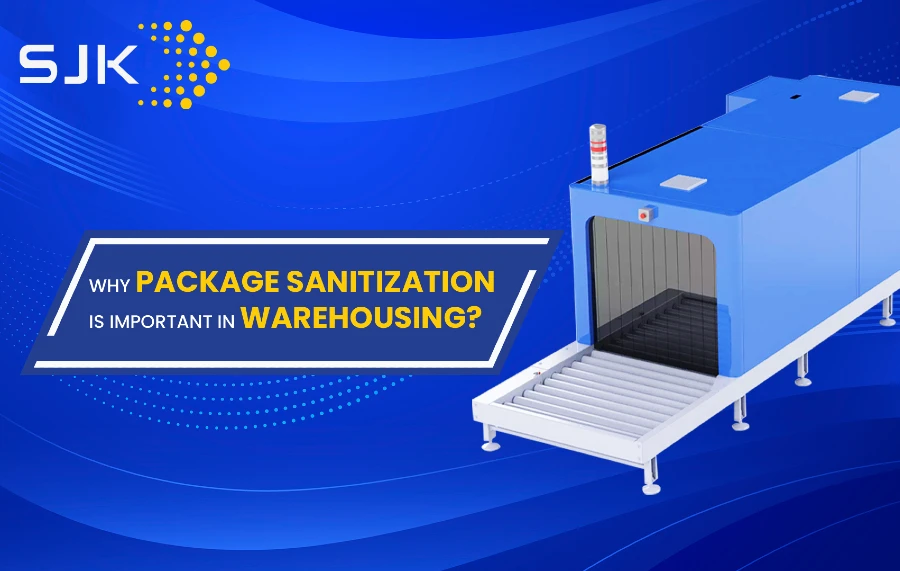Why Package Sanitization is Important?
In the fast-paced world of warehousing, where goods move swiftly from shelves to shipping docks, package sanitization plays a crucial role in ensuring the safety of both consumers and the supply chain. It is the final checkpoint before products reach their destinations, and this process cannot be overstated.
Protecting Consumers
One of the primary reasons why package sanitization is crucial in warehousing is to safeguard the health and well-being of consumers. In today's globalized market, products often travel long distances, passing through multiple hands and environments. During this journey, packages can be exposed to various contaminants, including bacteria and viruses.
By implementing rigorous sanitization protocols, warehouses can significantly reduce the risk of delivering contaminated products to consumers. This is especially important in industries where hygiene is paramount, such as food and pharmaceuticals. Consumers expect and deserve products that meet the highest standards of safety, and package sanitization is the last line of defense against potential health hazards.
Preserving Supply Chain Integrity
Beyond consumer safety, package sanitization plays a vital role in preserving the integrity of the entire supply chain. A single contaminated package has the potential to compromise an entire shipment or even an entire warehouse inventory. The consequences can be severe, ranging from costly recalls to damage to a company's reputation.
In an era where brand trust is more valuable than ever, maintaining a clean and safe supply chain is non-negotiable. Implementing robust package sanitization measures ensures that each product leaving the warehouse is free from contaminants, safeguarding the reputation of the brand and the trust of consumers.
Adherence to Regulatory Standards
Warehouses operate in a complex regulatory environment, with strict standards set by local and international authorities. Package sanitization is often a legal requirement, and non-compliance can result in severe penalties, legal actions, and even the suspension of operations.
By prioritizing package sanitization, warehouses not only meet regulatory obligations but also demonstrate a commitment to ethical business practices. This commitment can enhance partnerships with suppliers, retailers, and other stakeholders, fostering a positive reputation within the industry.
Preventing Cross-Contamination
In a warehouse where diverse products are stored in close proximity, the risk of cross-contamination is a constant concern. Package sanitization acts as a barrier against the unintended transfer of contaminants from one product to another.
Whether dealing with food, pharmaceuticals, or other sensitive goods, preventing cross-contamination is paramount. Implementing stringent sanitization procedures minimizes the risk of products coming into contact with harmful substances, ensuring that each item reaches its destination in the intended condition.

In conclusion, package sanitization is not just a final step in the warehousing process but a critical component of ensuring consumer safety, preserving supply chain integrity, meeting regulatory standards, and preventing cross-contamination. Warehouses that prioritize and invest in robust package sanitization protocols are not only protecting their customers but also securing the longevity and reputation of their business in an ever-evolving marketplace.

